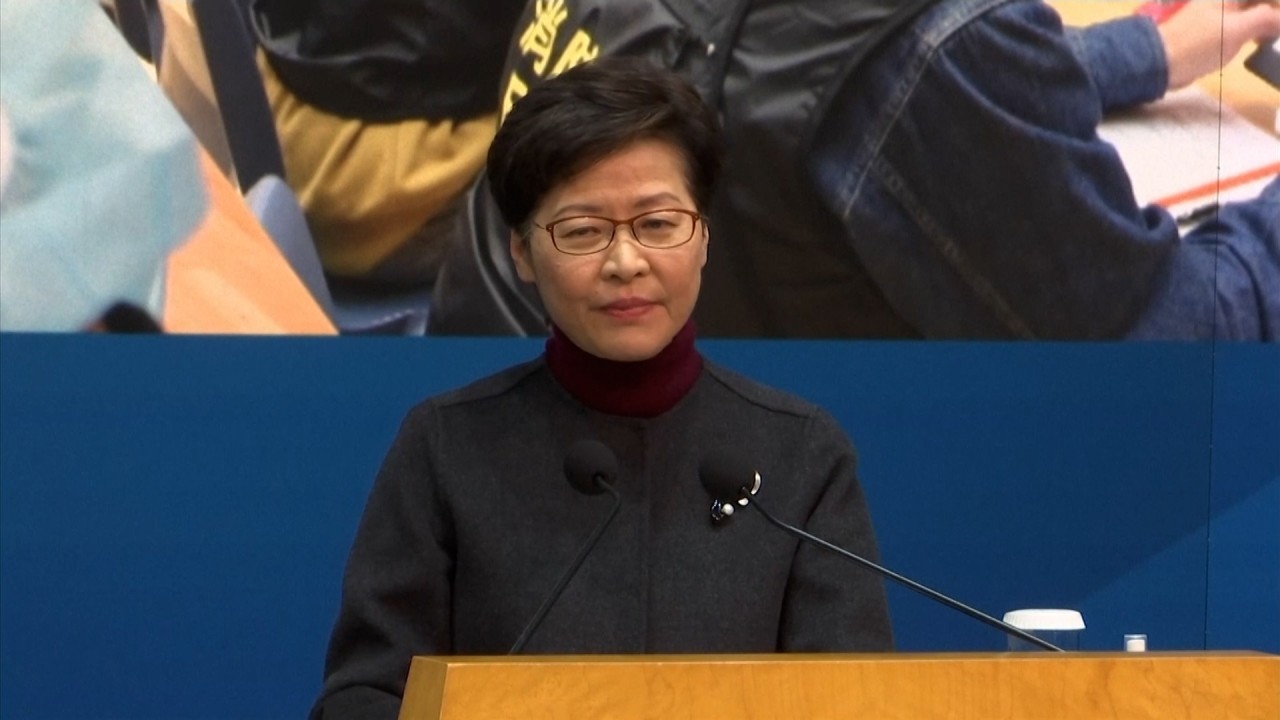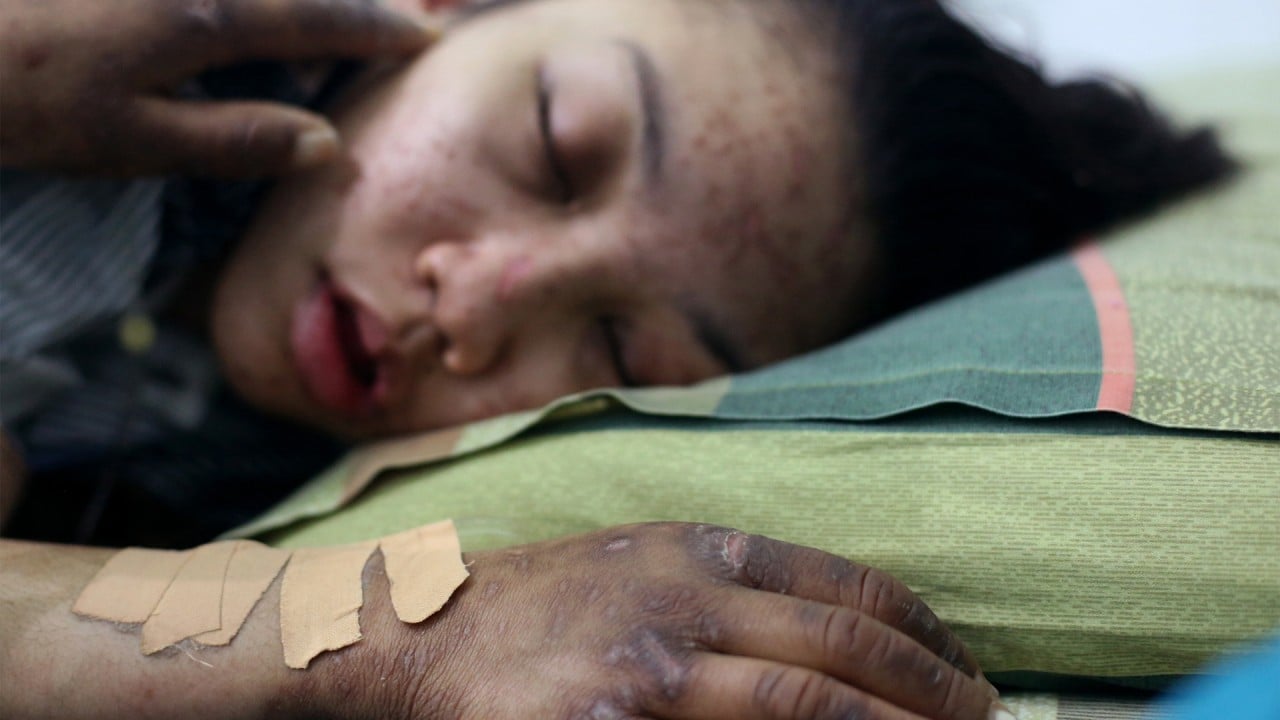
Time for Carrie Lam and her reformed legislature to end modern slavery in Hong Kong
- With dissent and protests stifled, the chief executive and lawmakers now have a free hand to shape the city’s future
- If they want to improve Hong Kong’s global image, they could start by treating those less fortunate with a little more fairness, kindness, empathy and humility
Endowed with a Legislative Council she has always wanted for passing bills more quickly, how should Lam use it to demonstrate her motherly leadership qualities as she possibly contemplates running for a second term?
Poverty, misery and despair are not confined to slums or to Africa. They manifest in contemporary forms of slavery that occur in all corners of the globe and are deeply embedded in transnational supply chains, including in Hong Kong. The pandemic has only exacerbated the suffering, vulnerability and exploitation of victims of modern slavery.
Covid-19 has intensified our fear of the unknown and led governments to divert resources at the expense of the most marginalised and vulnerable. Lockdown measures have worsened the isolation and physical and mental abuse that victims of modern slavery endure.
A 2016 report by Justice Centre Hong Kong, a non-governmental organisation, found one in six foreign domestic workers in the city was a victim of forced labour.
Like Lam, many victims of modern slavery are mothers whose main goal is to support their families back home. The United Nations special rapporteur on the human rights of migrants noted in 2004 that “many female migrant domestic workers tend to work in precarious and exploitative conditions”.
The United Nations Office on Drugs and Crime noted in its report on the impact of the Covid-19 pandemic on trafficking in persons that women and girls have been particularly affected by lockdown measures. Such measures aggravate exploitative labour practices and human trafficking for purposes of domestic servitude and sex slavery.
Money merely magnifies who you really are. As Lam seeks to rebrand Hong Kong, she might give the city’s public relations campaign a real boost by showing the world Hong Kong intends to treat those less fortunate with a little more fairness, kindness, empathy and humility.
With rule of law in Hong Kong reigning supreme, there is no better time for Lam to ensure lawmakers enact legislation that tackles modern slavery in all its forms. No tears necessary.
Phil C.W. Chan is a legal scholar and recipient of the 25th Human Rights Press Awards (Merit, 2021) for Commentary Writing for his three-part series in the Post in 2020 on Hong Kong society in the era of China’s national security law for Hong Kong



